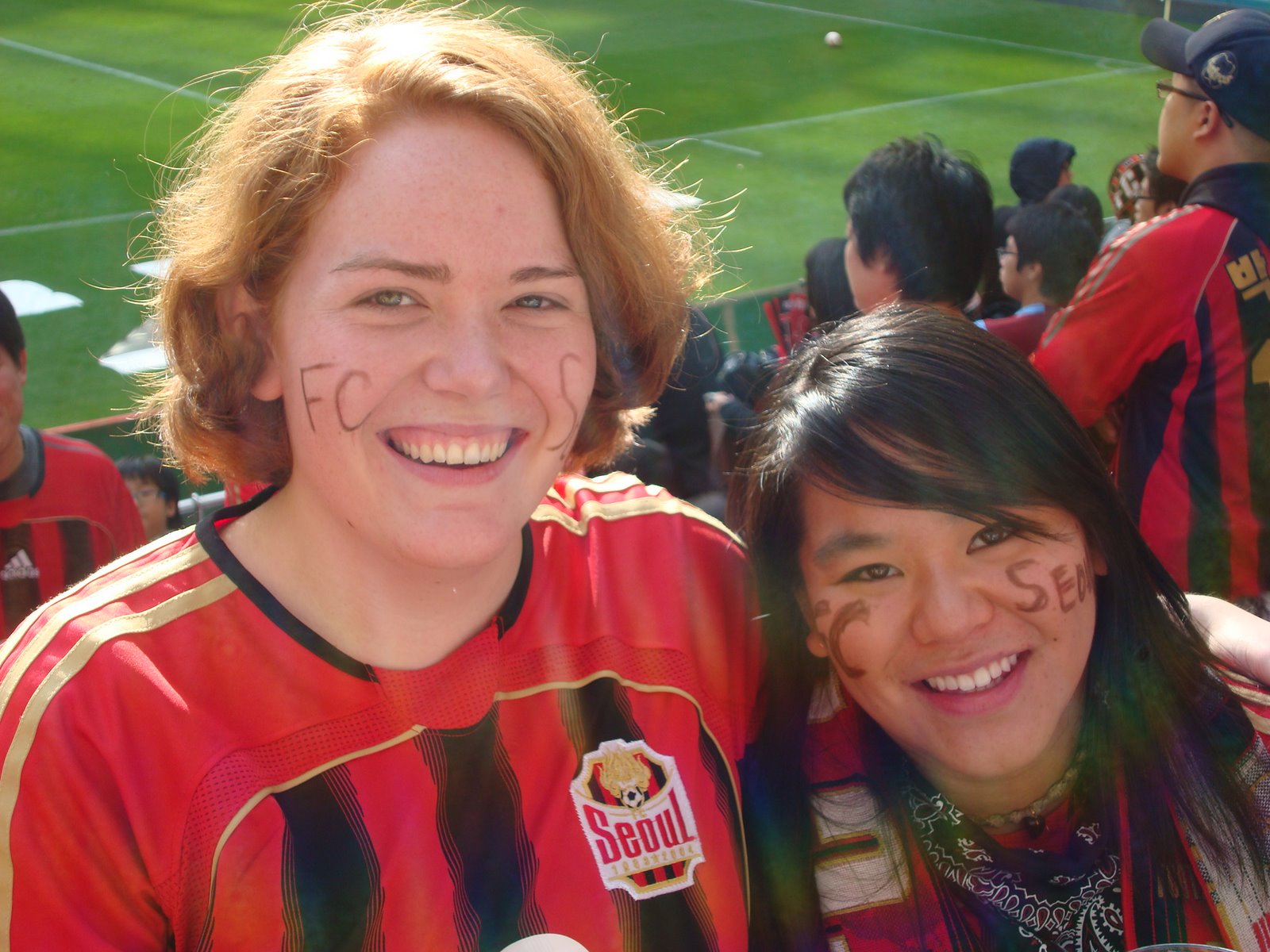K-League
In a league that is famed through Asia for its physicality and aggression, K-League clubs can be fairly gentle off the pitch when it comes to firing coaches. China and Japan have almost-European style practices in that regard while in West Asia - rare is the head coach that lasts over a season.
Not in South Korea. Perhaps it is a legacy of corporate culture where the likes of Samsung and Hyundai prefer to ease older people towards and then out the door over time rather than kick them out in one fell swoop. In 2006 for example, former Chelsea boss Ian Porterfield took Busan I’Park on a winless streak of 21 games. He still wasn’t forcibly relieved of his duties but took it upon himself to leave the south coast club.
This season has seen just two casualties. Veteran coach Kim Ho was the first. The 1994 World Cup boss was forced to leave Daejeon Citizen in June. There were vague rumors of off-the-field intransigencies from the silver-haired fox but the fact that the club was struggling at the foot of the table wouldn’t have helped.
The Citizen has been patient in the past. Even when Kim’s predecessor Choi Yoon-gyum reportedly hit his assistant with a beer glass back in 2007, it took a while before he left his job as club and fans were reluctant to say goodbye.
Jeju United’s Brazilian boss Artur Bernandes said just that last week. The well-travelled coach was coming to the end of his second season in the Land of the Morning Calm but handed in his notice. Officials at the club should not have been too surprised; Jeju was his 23rd coaching job on the past two decades. This is a man that liked to move around.
The club has been known to move too, a 2006 switch that was a great deal more shocking. The energy arm of giant conglomerate, decided to move its underachieving professional club from Bucheon, just to the west of Seoul, to Jeju, 300 kilometers to the south - results have been uninspiring.
Jeju may have a beautiful World Cup Stadium but the team is struggling. There have been hints of hope and slivers of suggestions that Bernandes was taking the team in the right direction – a comfortable 3-1 win over soon-to-be champions Suwon Bluewings in September 2008 springs to mind and – but nothing concrete and nothing consistent. 2009 has been a disappointment.
Like most other clubs in Asia’s oldest professional league, Jeju was in vague contention for a top six finish in the middle of the season. All hopes of that have vanished with a rotten run of six straight defeats has seen the islanders plummet to 13th in the standings. 20 goals have been conceded too.
The worst day came in September when Jeju, playing at home, was thrashed 8-1 by Pohang Steelers. That was embarrassing enough but it was also the heaviest ever defeat in the 26-year history of the K-League.
With three games remaining, the 54 year-old decided to call it quits and has already returned to South America. There won’t be any more changes before the end of the season but there are sure to be some new faces peering out from K-League benches next season.
It remains to be seen who is on the Jeju sidelines. The K-League has never been an easy place for foreign coaches to succeed but the likes of Seoul’s Senol Gunes and Sergio Farias at Pohang have shown that it is possible and have added a good deal to the local set-up. Another couple of managers from foreign climes will do the league no harm at all.
Copyright: John Duerden & Soccerphile.com

